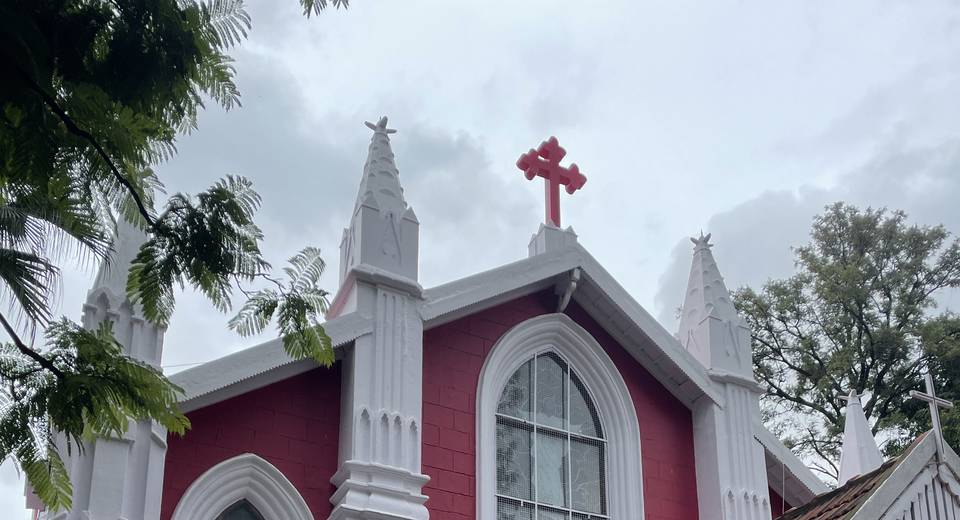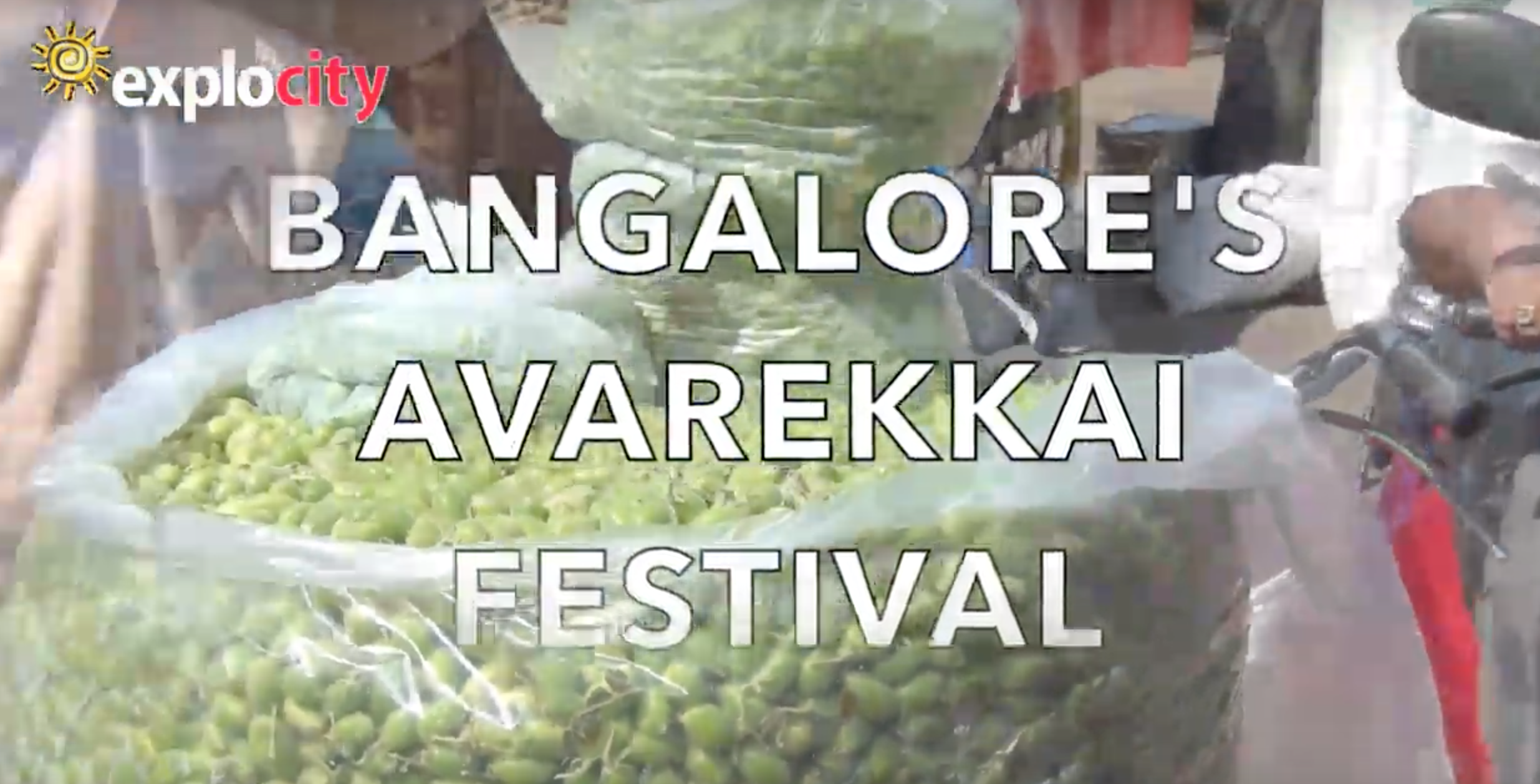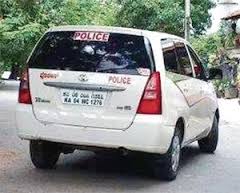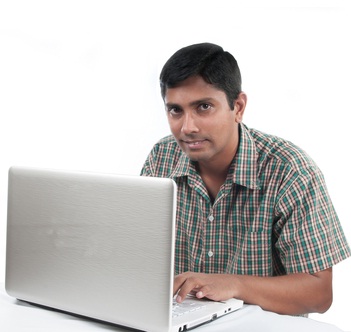Holding back the Sarathi
Oct 11, 2019, 11 27 | Updated: Oct 11, 2019, 11 27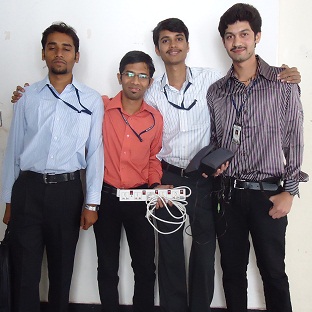
Imagine getting into your car after an evening at the pub, slightly buzzed but not too. Imagine turning the key to get the engines rolling. Now imagine a car that refuses to budge. If the makers of ‘Sarathi’ a device that can tell if you’ve been drinking or not are to be believed, this is not science fiction, it’s hard-core science fact.
It’s an idea in the making. A great one we feel. And the inventors are twenty one years old, yes all four of them, who’ve spent many hours perfecting and creating a protoype device that could help everyone in Bangalore. Maybe even the world.
It had to do with nailing drunk drivers before they hit the roads and do damage.
You’ve probably been stopped at one time or another by the Bangalore Traffic Police if you drive a car at night, and asked to blow into an instrument. They’re trying to see if you’ve been drinking before driving. The Bangalore Traffic Police have booked over thirty thousand cases of drunk driving in 2012 alone.
The device they use is hand-held, low tech and not always 100% reliable. In addition, many motorists don’t want to put lip to instrument for sanitary and hygenic reasons. “I’d rather go to jail than blow into one of those things,” said Rachana, a lady driver who won’t give us her last name for obvious reasons. “Who knows who has just breathed his germs into it.”
Enter Santosh S Malagi, Pruthviraj M, Ramachandra U and Vijaykumar H (students of Kamala and Venkappa M Agadi College of Engineering and Technology, Laxmeshwar) who have revolutionised the business of identifying drunk drivers even before they hit the roads in their cars.
Called, ‘Sarathi,’ (which in Sanskrit is ‘charioteer’) the device is installed in the dashboard of the car. As soon as you turn the key to start the ignition of the vehicle an alert goes out automatically to the RTO offices via a open-source, online portal, telling them if your alcohol level is above 0.03% (or 35 microlitres of alcohol in 100 millilitres blood), the legal limit.
“Presently, we have the support of an open source portal called Xively.com, which the RTO officials will have to monitor regularly in order to see who is violating the law.”
Besides identifying drunk drivers, the device has many other features. It detects fuel emissions (to help reduce pollution), engine temperature (to let you kow if your car is over heating) and GPS positioning (to tell you where you are). As a matter of fact, the original idea was to create a device to track pollution, heating and GPS. The drunk driver application came as an afterthought. But a welcome one.
The camaraderie between Malagi, Mallangoudar, Udapi and Hiremath is evident as they share similar interests. Reading, browsing the internet and travel. They also have formed a group called ‘Y-Nots’ who organise seminars and quizzes in college.
When we discussed costs, Malagi explained that creating the Sarathi prototype costs them Rs 11,000. But he believes that integrating with existing systems will bring the cost down to Rs 5000 – 6000 per unit.
Malagi explained that they’ve planned a version of ‘Sarathi’ that can smell a persons breath and flat out refuse to start the car. A traffic cop’s dream come true.
What about the future, we wondered. “We don’t even have a business plan, but want to make it commercially viable.” They have made many modifications to their initial design and feel they’re ready to hit the markets. They hope to get funded so they can make their own dreams come true.
The Anti Drunk Driving Team
Santosh S Malagi, 21, Project Leader
Malagi is adept at CAN (Controller Area Network) hardware, Microcontroller coding, Arduino interfacing LabVIEW interface development, connectivity and soldering.
Pruthviraj Mallangoudar, 21
Mallangoudar handles CAN Microcontroller coding, LabVIEW interface development and soldering.
Ramchandra Udapi, 21
Apart from CAN, Udapi works on GPS and memory card data logging, data collection and analysis.
Vijaykumar Hiremath, 21
Hiremath works on sensor integration and GPS and memory card data logging, testing and Arduino coding.
